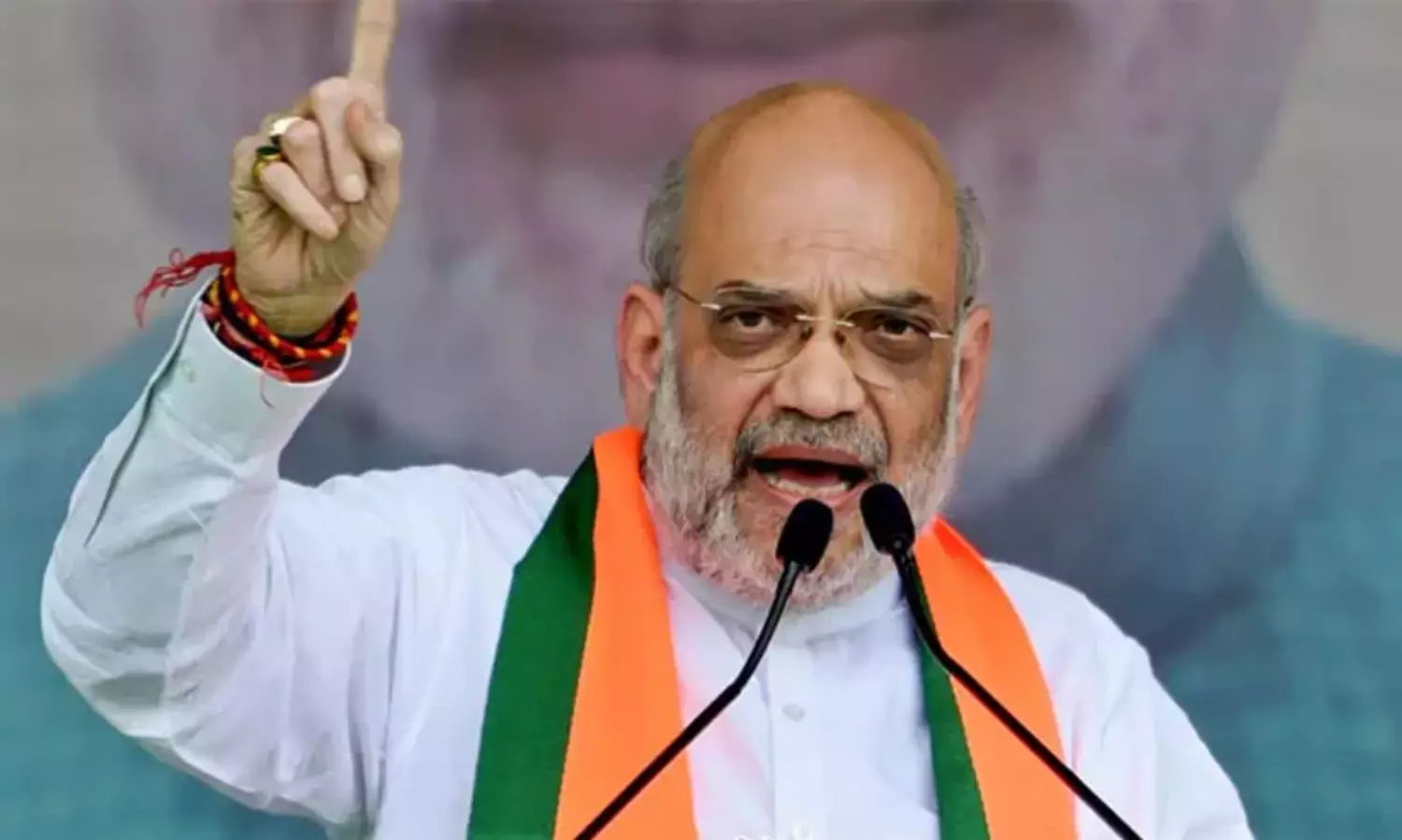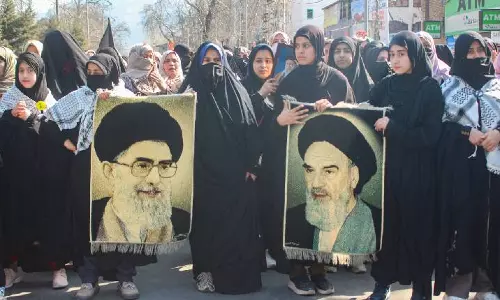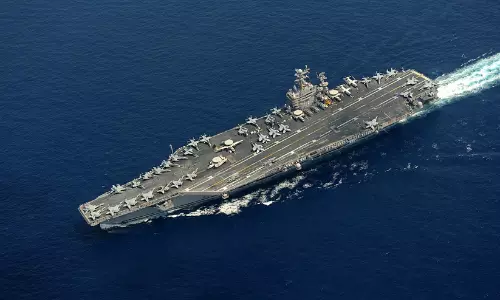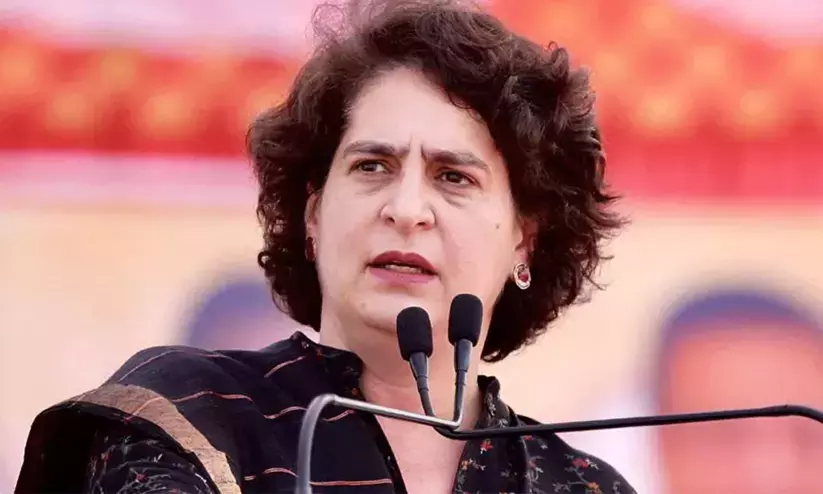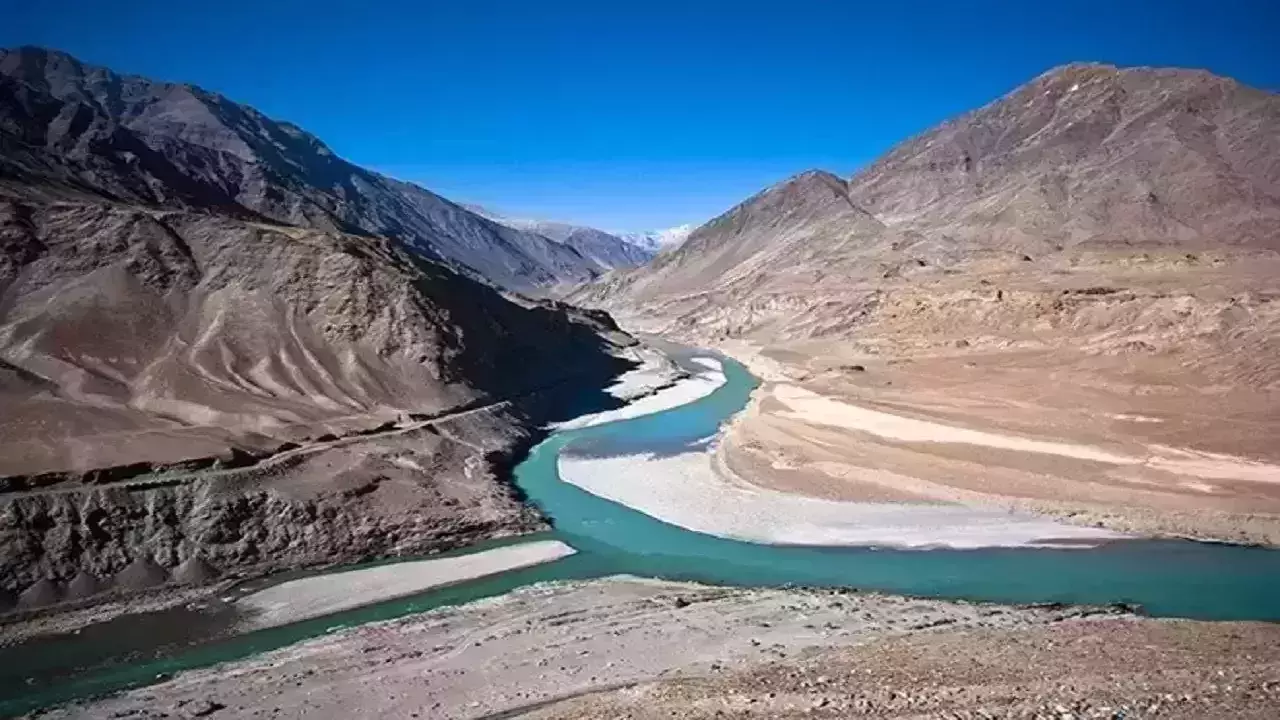
Indus Water Treaty: Panel meets to assess modification process
text_fieldsNew Delhi: The steering committee met again on Monday to take stock of the modification process of the Indus Waters Treaty (IWT). It was the sixth such meeting.
"Matters related to the ongoing Neutral Expert proceedings pertaining to the Kishenganga and Ratle Hydroelectric Projects were also discussed," said the MEA.
The Ministry of External Affairs said the committee meeting was chaired by the Secretary of the Department of Water Resources, the Ministry of Jal Shakti. It was attended by Foreign Secretary Vinay Kwatra and several other senior officials of the two ministries.
The IWT is to define a mechanism for cooperation and information exchange between India and Pakistan on the use of waters of several cross-border rivers.
The water distribution agreement mainly pertains to the Indus River and its tributaries. Three eastern rivers - the Beas, Ravi, and Sutlej - flow to India. Three western rivers - the Indus, Chenab, and Jhelum - flow to Pakistan. In the case of the Indus, India only has 20% of the water. The treaty allows India to use it for limited irrigation, power generation, navigation, and fish culture among others.
India on January 25 issued a notice to Pakistan seeking a review and modification of the 62-year-old treaty. The move was made due to Islamabad's "intransigence" in handling disputes. The IWT was signed in September 1960 after negotiating for nine years. The World Bank was a signatory of the pact.




